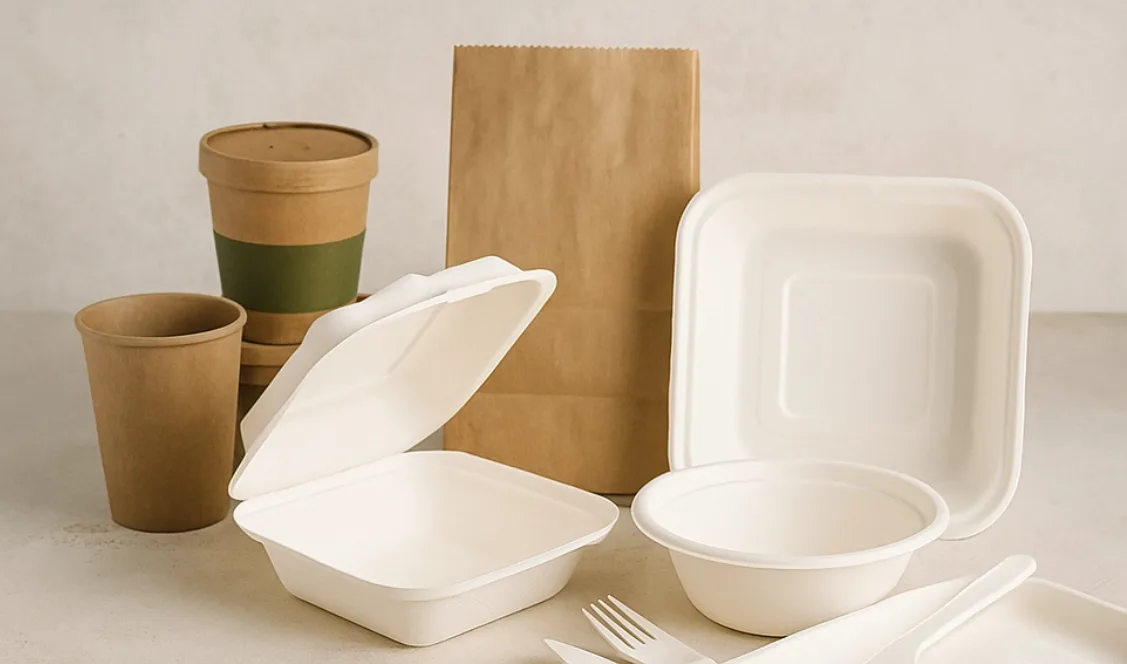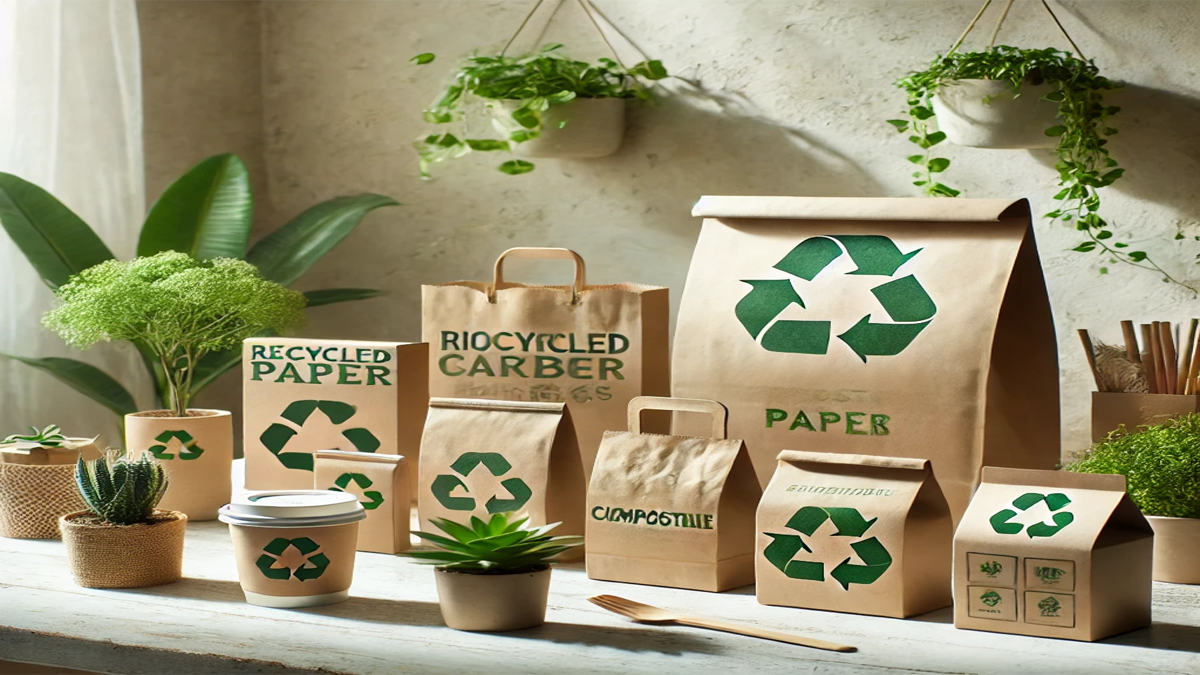A culinary guidebook to Alsace, France
From there, I drive into Eguisheim: an additional image-postcard village, its lanes stuffed with minor stores selling sweets and bretzels — the dough braids we know as pretzels. But a winemakers’ competition is in comprehensive swing in the most important square, comprehensive of tables and cheery youthful males holding bottles. The village has a lot more than 30 wineries, in spite of a populace of just 1,600, and quite a few — Bruno Sorg, Christian and Veronique Hebinger — are currently favourites of mine. But it is Pierre-Henri Ginglinger’s Crémant that impresses it’s the ideal accompaniment to a tarte flambée, the area’s creamy, tomato-significantly less bacon pizza.
Afterwards in the afternoon, we head to the Michelin-starred L’Atelier du Peintre, an elegant restaurant in central Colmar whose young chef, Loïc Lefèbvre, supplemented a ten years in leading French kitchens with 3 many years in Scotland. Each individual dish is accompanied by bountiful vegetables, herbs and flower petals, the mackerel so strewn with tomatoes and leaves that I in the beginning think it’s a salad.
Alsace’s great presents are hard-received: to start with, there was the geological upheaval that shaped the region. Next, the political tussles have produced life challenging, most notably in conditions of language. I meet up with persons whose 1st language is French but whose parents’ mother tongue was German, although their mother and father experienced developed up speaking the Alsatian dialect. But great meals can be a sort of interaction. Whether they inquire for tarte flambée or flammekueche, the locals realize just about every other.
And then there is the 3rd crucial fault line in the location: religion. When Protestantism took maintain in Germany, the country’s Catholics had a tendency to flee in the direction of Catholic France the French Protestants, on the other hand, appeared towards Germany. They met in Alsace. The tranquil integration of historic enemies appears, to me, a correct miracle. But then, when you have about 20 various varieties of soil, it’s possible you’re better at knowing the rewards of variety.
To this day, religion bubbles up in some unlikely places. At Hugel vineyard in Riquewihr, Jean-Frédéric Hugel explains that the gargantuan, ovoid wooden barrels that age the region’s wines are adorned when the winemaker is Catholic and still left simple if the loved ones is Protestant. Yet another winemaker, Roly Gassmann, tells it somewhat otherwise. “Fish carved on the barrel are Catholic,” he says, “and mermaids are Protestant.” Never count on agreement in Alsace: harmony, sure, but consensus? Never ever. There’s even a minimal church, up previously mentioned the Rosacker winery, that alternates expert services — an impressively amiable cohabitation I’ve never ever noticed elsewhere.


